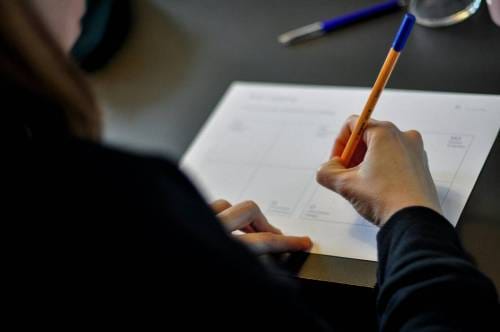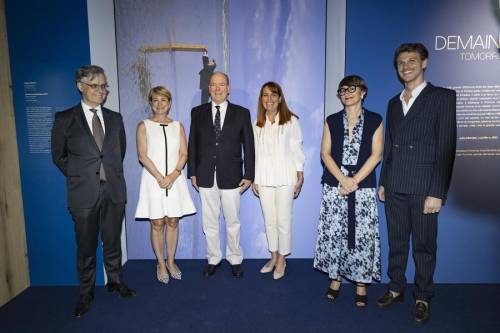It is the only cardiology company that brings together sonographers, interventional cardiologists, surgeons and researchers. For three days, Professor Gilles Dreyfus, director of the medical and surgical team at the Cardio-Thoracic Centre of Monaco, gathers some six hundred heart specialists at the Grimaldi Forum. This year, he is president of the Heart Valve Society professional congress. Conferences and workshops were held to examine heart valves from every angle.
From all over the world
The delegates came from all over Europe, but also from the United States, Asia and the Middle East.
“It is the perfect meeting of all the world’s specialists who wish to participate and exchange ideas during a real medical and surgical confrontation,” explains Professor Dreyfus. “Topical subjects in our field are all more enriching. And our discussions will result in future recommendations which will eventually constitute guidelines for medical procedures to be adopted, which demonstrates the importance of this congress.”
Through medical imagery inside a heart, indications about the risks but also the benefits of an early intervention on valves, or the important role of biomarkers in surgery can be determined.
But the strength of the congress is also the opportunity to reflect and exchange interests of particular techniques for the patient. Because doctors are well aware of the industrial power that unfolds around them, with very important stakes. It is then a question of facing the economic pressure to act with one single interest: that of the patient.

“Industry is supplied to countries that have money. It’s a big problem. A new value in the market represents years of investment and the risk of legal proceedings in the event of default. In Africa, Asia, and in particular China, doctors are diagnosing a lot of acute rheumatism in children. There are paradoxes between very sophisticated research and disease. So, even if it’s a drop of water, that’s why I operate on between 40 and 50 children a year from developing countries.”
“Staying focused on the patient”: Professor Gilles Dreyfus shares
What are some of the great advances in cardiology?
Medicine is not made of big steps but small advances. Today we are obliged to have meetings with many patients. It takes a lot of time but it is essential.
For an increasingly tailored medical world?
The industry is an effective partner, but it has enormous challenges. Professor Martin Leon, one of the most reputable cardiologists in the United States, explained the importance for the medical team to stay focused on the patient and not on a technique. He will take over the reins of the Heart Valve Society in 2018.
How can one be sure of choosing the right treatment?
It is very difficult to be objective. Scholarly societies give recommendations. As for methods,
the less invasive they are, the better they will be accepted. But in some cases, it may also be ineffective. For example, it is no longer necessary to open the patient to work on the aortic valve. This is a considerable step.
Will the future of cardiac surgery progress, according to you, to the artificial heart?
Carmat (a company known for its work on the artificial heart) is far from being resolved. It is an old human dream. At present there are no artificial organs. An airplane does not beat its wings. Should we try to reproduce nature or invent other systems? Today, there are circulatory pumps.
Your dream?
A mechanical valve without coagulating treatment.








